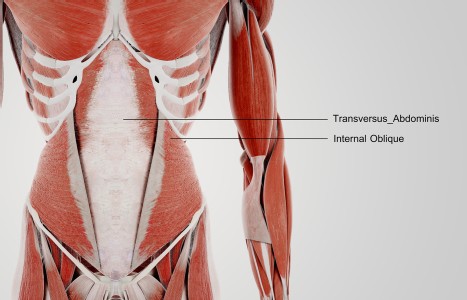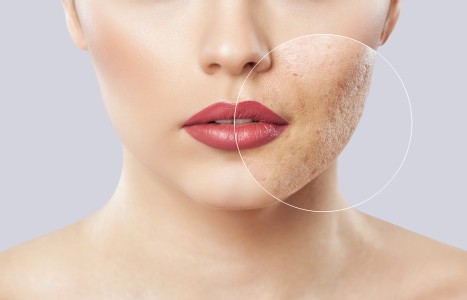TrA-2, my primary needle location, I needle 95% of the time and I think it works the best. You’ll know you have the right point location when you discover the muscle twitching when applying electric stimulation.
Mom Was Right
As I sit down to write this article, it's still cold, even though spring may be just around the corner. Every day, I come home to a mailbox full of sales ads. Being a practitioner of "alternative healing," I often get interesting and unique catalogs in the mail. Some are from legitimate companies, and some are chock-full of New-Age hokum.
There are a lot of interesting products and gadgets out there, and I must confess I enjoy window shopping for all the new and different therapy options. However, as we all realize, just because someone sells a product does not automatically give it credibility. How many of us have been caught watching late-night infomercials? It can be interesting to see what is promoted as a legitimate health care option, and sometimes it is just plain embarrassing.
As health care providers, we are equipped with the knowledge base to weed out what is genuinely good advice and what is just a fancy advertising campaign. Many of us realize that we do not need to spend a lot of money on exotic treatment therapies, when common sense options are readily available.
Anyway, one item recently caught my attention - wrist warmers. The product offered is essentially a polyester tube you slip over your hand to cover your wrist, with the idea of increasing the heat of your whole body. The product description went on to describe how people in Northern Europe have used such things for centuries, and how you might still see an old man in Bavaria out chopping wood in the snow, wearing little more than thick trousers, a shirt and his wrist warmers.
Although a nice discussion, the idea is very simple. The wrist is one of the more exposed areas of the body. The vessels and nerves are close to the skin, and there is typically not a lot of fat covering to insulate the underlying tissues, so the body can easily loose heat at this area. The source points are also in this area, which thereby exposes the meridian system to the elements. It makes sense to protect the wrists from the cold.
Now don't get me wrong - I think it is a legitimate product with a valid application. But I don't think you have to travel to the mountains of a distant land to find credibility. You can pick up almost any hunting or winter sport catalog and find a number of good winter gloves with longer gauntlets to protect the wrist. The big picture is to protect the wrists from the cold as much as the hands, i.e., protecting the body from negative exposure.
But lets not just stop at the wrist - there are other places the body can lose internal warmth. The ankles are just like the wrists - thin skin with easily exposed nerve, pulse, and source points. The neck also has points that are known to be gates for allowing "pernicious evils" into the body (SJ17, BL10, etc.)
So what have I learned? Mom was right - stay bundled up and warm in winter. Common sense? Absolutely. But I have had many patients who never thought that protecting their body from the cold was actually a good thing. I do not feel I have served my patient if I provide them care, then don't give them some reasonable follow-up advice. Allowing them to relax in my office and then walk out into the cold only serves to irritate and/or prolong their complaints. I will often explain to them that they need to wear a scarf, good gloves, and warm socks. It makes a big difference in outcomes and involves the patient that much more in their care. Common sense care generally trumps exotic therapies. Sometimes the simplest solutions are the best.


